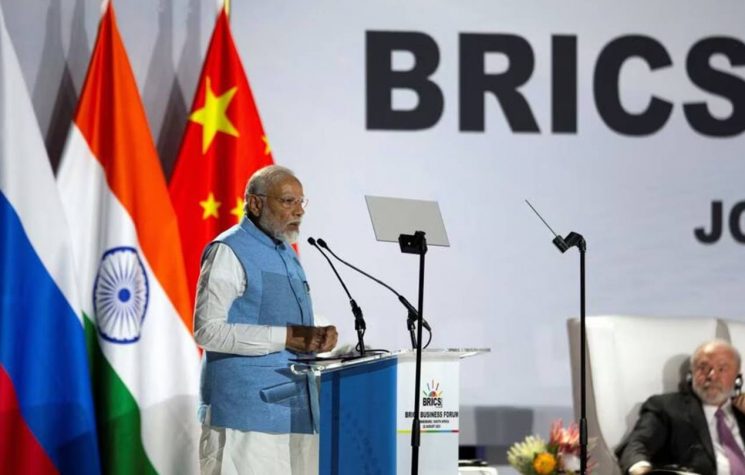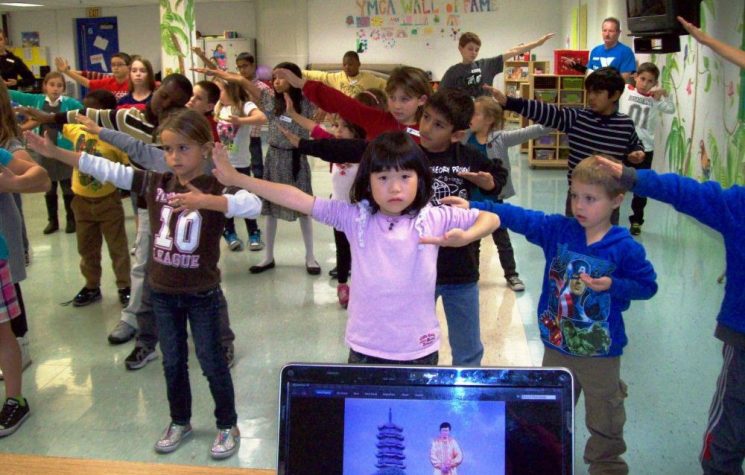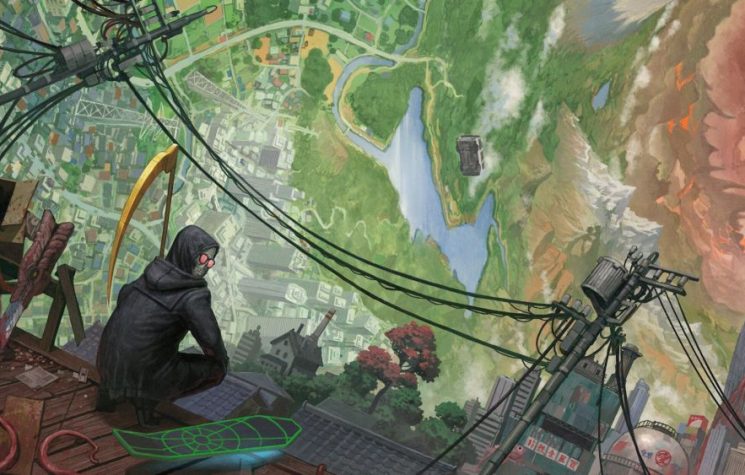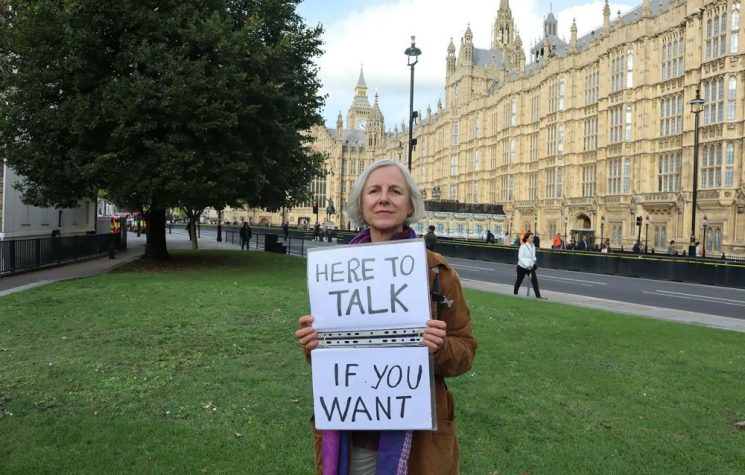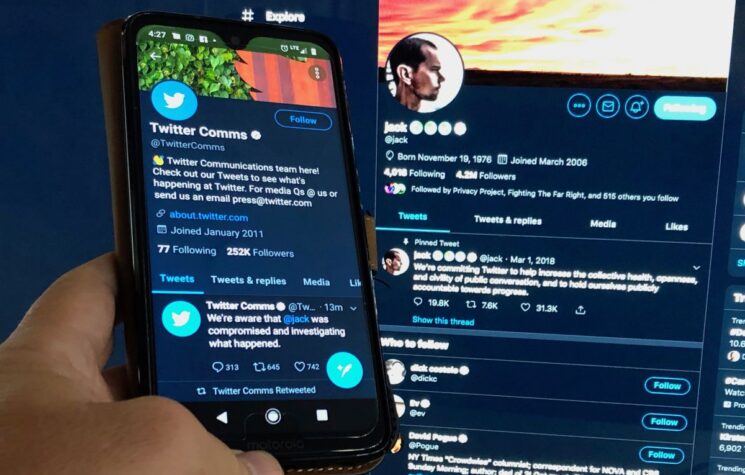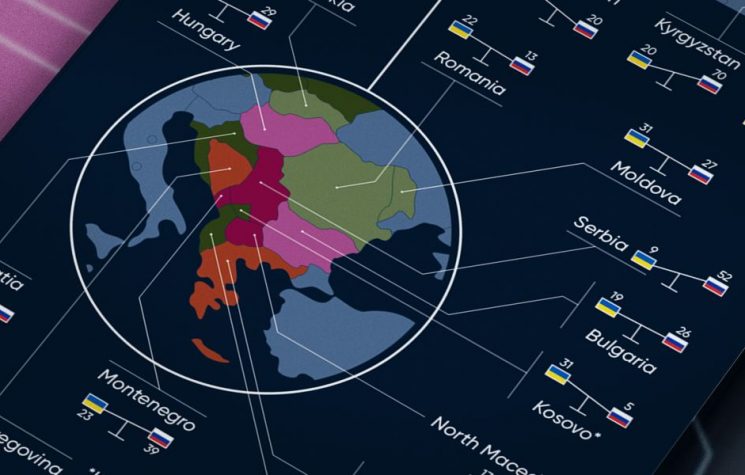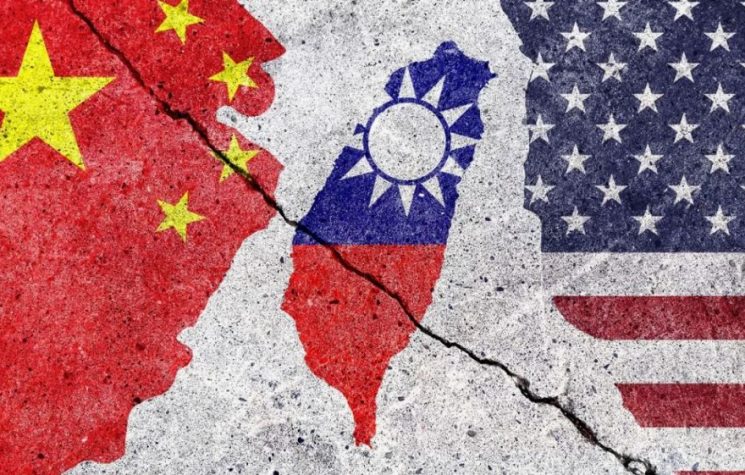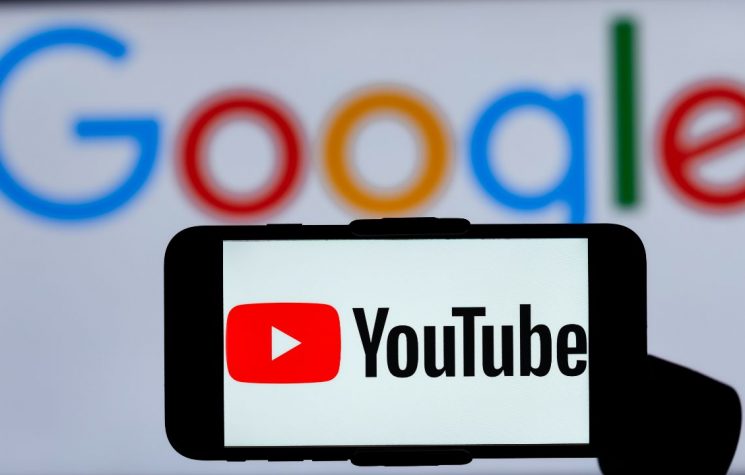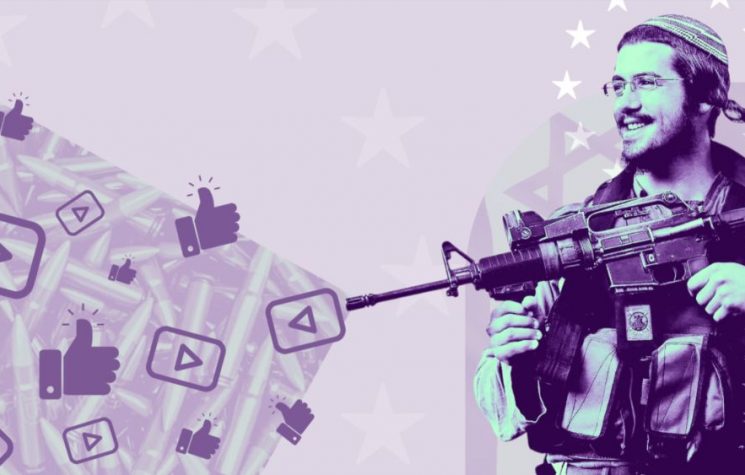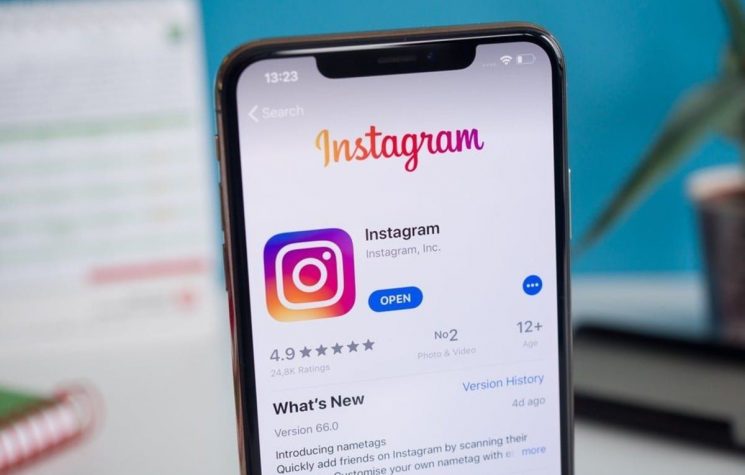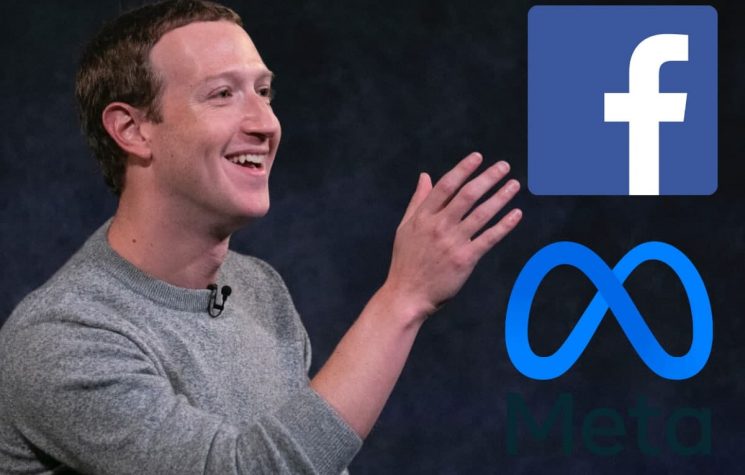Like an aging oil field the freedom that the Internet offered to the common man across the planet is drying up. “Deplatforming” has become a mainstream expression for describing the growing number of individuals and organizations who have lost their ability to use big social media because of their beliefs. Facebook is now acting like a Ministry of Truth putting up warnings/blocking for posts which its administration feels are fake or harmful. Which would sound reasonable if there was not such a great degree of opinion as to what is fake or harmful.
Even the world of video gaming is not safe as the Playstation 5 will be set up to allow for tattling on online players who use colourful language and will supposedly listen in on private conversations just to make sure no one is violating Sony’s ever so important “community standards” which seem to have more sway on gamers’ lives than the Bill of Rights. The internet dream is turning into a nightmare of blacklisted thoughts, opinions, facts and faces, but what can actually be done and is there a strategic aspect to this?
As of this moment there are two possible answers on offer that are in no way mutually exclusive…
- Making social media into a public public space in a legal sense
- Creating and/or “migrating” to alternative platforms.
Both of these solutions are being tried but have thus far failed to gain any major traction. Then again if Trump wins he will have plenty of time to enact revenge on the platforms that he feels show bias against him and knowing the fragility of his ego this could happen.
Making social media into a public public space
It seems very easy to just say that Facebook and Twitter, as public spaces, should follow the same rules as Main Street, USA with all the Constitutional protections of free speech that the masses want. The problem is that Main Street either belongs to everyone or no one (depending on how you look at it) resulting in it being maintained by the government. Although social media may resemble a public space of sorts it cannot not follow this type of logic. Social media spaces are commercial platforms that are created for and run as businesses. The physical location of Main Street will continue to exist no matter what, even if it is somehow bought or changed into a stadium. Facebook does not have this tangible nature to it as it only exists so long as it is kept up by those who own the rights to it. If we broaden the question beyond social media, could we also just make Walmart or McDonald’s into a truly public space?
This is a more nuanced question than it would seem on the surface. We as Americans claim to believe in “inalienable” and “God given” rights that are sacred, but the second we are at work or in a private business we enter a realm where God’s hand apparently cannot reach. McDonald’s has the right to deny service to anyone with “no shirt, no shoes”. Businesses can and do enforce their own rules on speech, behavior and dress despite the public’s freedom to walk through the front door, so how exactly can we expect Facebook to be any different?
We can demand all the freedom we want from FB but ultimately any court in the land will side with the freedoms of Zuckerberg and crew to censor it. The power of precedent in common law courts will make it very unlikely for any platform to be turned into a public space barring a Communist revolution in Washington by colorful-haired twits.
Furthermore, if things become uncomfortable “at home” most major social media could officially move to some other jurisdiction.
The public space/Bill of Rights application strategy will not work. But if social media is not going to be turned into Main Street, USA it could certainly be worked into a new heavily regulated group of businesses. America is already under crushing government regulation which means that certain rules of engagement for social media as a whole could be established to make online censorship of non-illegal acts punishable in some way.
The problem is that social media has bigtime lobbyists in Washington and much of the American Left loves the forms of censorship they inflict across the globe. Voltaire is dead and gone so we shouldn’t hold our breath for the return of a pro-human internet.
Creating and/or migrating to alternative platforms
Expecting big businesses that are run by California Liberals to go against their beliefs and financial interests voluntarily is not going to happen and as noted above it would probably take generations of MAGA before a culture in Washington would appear that could enforce our Constitutional freedoms online.
In fact media be it social or dinosaur has and always will be biased, the question is merely which bias will be enforced. Which is why we should not live in a fantasy world that demands objectivity but instead open our eyes to the realities of this real world that we live in and demand diversity of media. As long as there are a few different sources of information coming from a few strongly different viewpoints the truth will be “out there” somewhere.
Globally dominant Western/American social media put the ban hammer down on individuals like Alex Jones and Gavin McInnes essentially silencing their worldviews from the public. The irony of this from a Cold War generation perspective is that their material will always be free for consumption on Russia’s VK and other platforms. Since Russians don’t particularly find these types of positions offensive the American Right (whether it knows it or not) is openly invited to have a second home on cold foreign soil where people kind of agree with them. This isn’t because Russia values enlightenment principles more than Americans but because no one censors that with which they agree.
Conversely, every Neo-Nazi ISIS-light Russophobe club will always be free to spread their hatred over Facebook putting a smile on CIA employees’ faces.
Freedom of speech online is mostly guaranteed by a diverse choice of platforms which at present is not big enough. The 80/20 Rule seems very much in effect from a Western perspective with the only real alternatives that are functional (work exactly as well as FB, YouTube etc.) are Russian or Chinese with much of Chinese potential being hidden behind their Great Firewall for local use or directly under attack like Tik Tok. The other offerings out there are functional but very small in comparison meaning they either do not have enough money or are renowned to make changing platforms seem like a great idea.
Diversity of platforms is needed but sadly, unless you speak Russian or Chinese (possibly Japanese) then you really have no serious alternative… yet.
The Strategic Context
If your country has no powerful national media then you are a colony. The dominant project the weak reflect. And in the social media era this logic applies as well. Not only is having a variety of social media good for diversity in opinion but having a second option is good for national security. President Duterte of the Philippines has been a vocal advocate of “Migrating” from Facebook to VK in order to give his nation some breathing room from the monolithing views projected by Western platforms. Social media is a weapon of Soft Power after all and Manila is virtually unarmed.
From a Chinese and especially Russian perspective it is critical to make it clear that Americans with untimely opinions can jump onto their platforms where the Overton Window is in a completely different location. During the Cold War the repressed in the East would do anything to have a voice in the West, now that the West has lost the plot it is time to give online “refugee status” to those under hypocritical censorship. There is a massive opportunity here to attract the disgruntled masses to foreign platforms that offer a fair and clear system of compensation from a percentage of ad revenue, and clear cut, unchanging, universally applied community standards. Moscow has this ball in their hands but, sadly they are mostly likely to drop it without a second thought.
A Multipolar World must be so in every way including social media.








